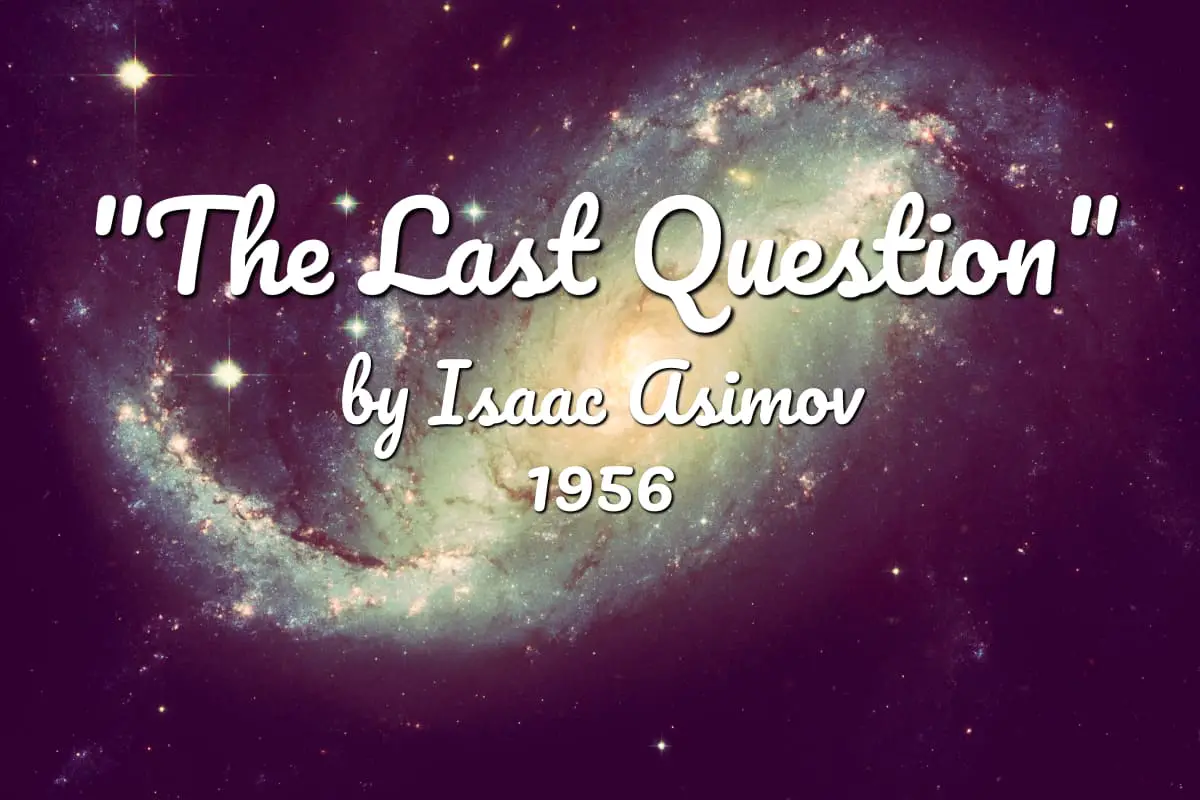

Posthumanism, I want to suggest, needs theory, needs theorizing, needs above all to reconsider the untimely celebration of the absolute end of "Man." What Jacques Derrida calls the "apocalyptic tone" should be toned down a little, for, as Nietzsche once pointed out, it is remarkably difficult to cut off the human(ist) head through which we (continue to) "behold all things" (1996, 15). It is, I think, too easy, too complacent, too premature, and I want to stress the importance of theory-above all, poststructuralist theory-in the posthumanist landscape. I am not quite ready to be seduced by such an approach. Posthumanism has finally arrived, and theory, like "Man" "himself," no longer has a place. "'Man,'" as Steve Beard confidently puts it, "does not have to be theorized away the intersection of consumerism and techno-culture has already done the job" (1998, 114). How could it? Only the most foolish or self-absorbed cultural critic would spend time speculating about something that was actually staring him or her in the face. Posthumanism, the story often goes, needs no theorizing. Ted Mooney, Easy Travel to Other Planets The paper finally seeks to assert non-finality as the finality or the only possible certainty that can be arrived at in a reading of The Last Question or in a study or theorization of posthumanism. Mathematical concepts have been utilized and employed, and other texts like Mary Shelley’s Frankenstein dwelled upon, as and when required in the course of the study. and evincing the ambiguities therein, also briefly relating the same to the author’s persona then by examining the argument of posthumanism and stating the indefiniteness thereof, also considering other factors like novelty of the discipline. This paper attempts a literary study of these indeterminacies, first by analyzing certain contentual and formal aspects of The Last Question – characterization, events, themes, dialogues, structure etc. The idea or discipline of posthumanism, and related ones of transhumanism and anti-humanism, are also similarly pervaded by indefiniteness and uncertainties. The work is replete with ambiguities, uncertainties and indeterminacies regarding portrayals and their significations. The Last Question, a short story belonging to the genre of science fiction, has had multiple and even contradictory readings and interpretations, most of which are along the lines of posthumanism.


 0 kommentar(er)
0 kommentar(er)
